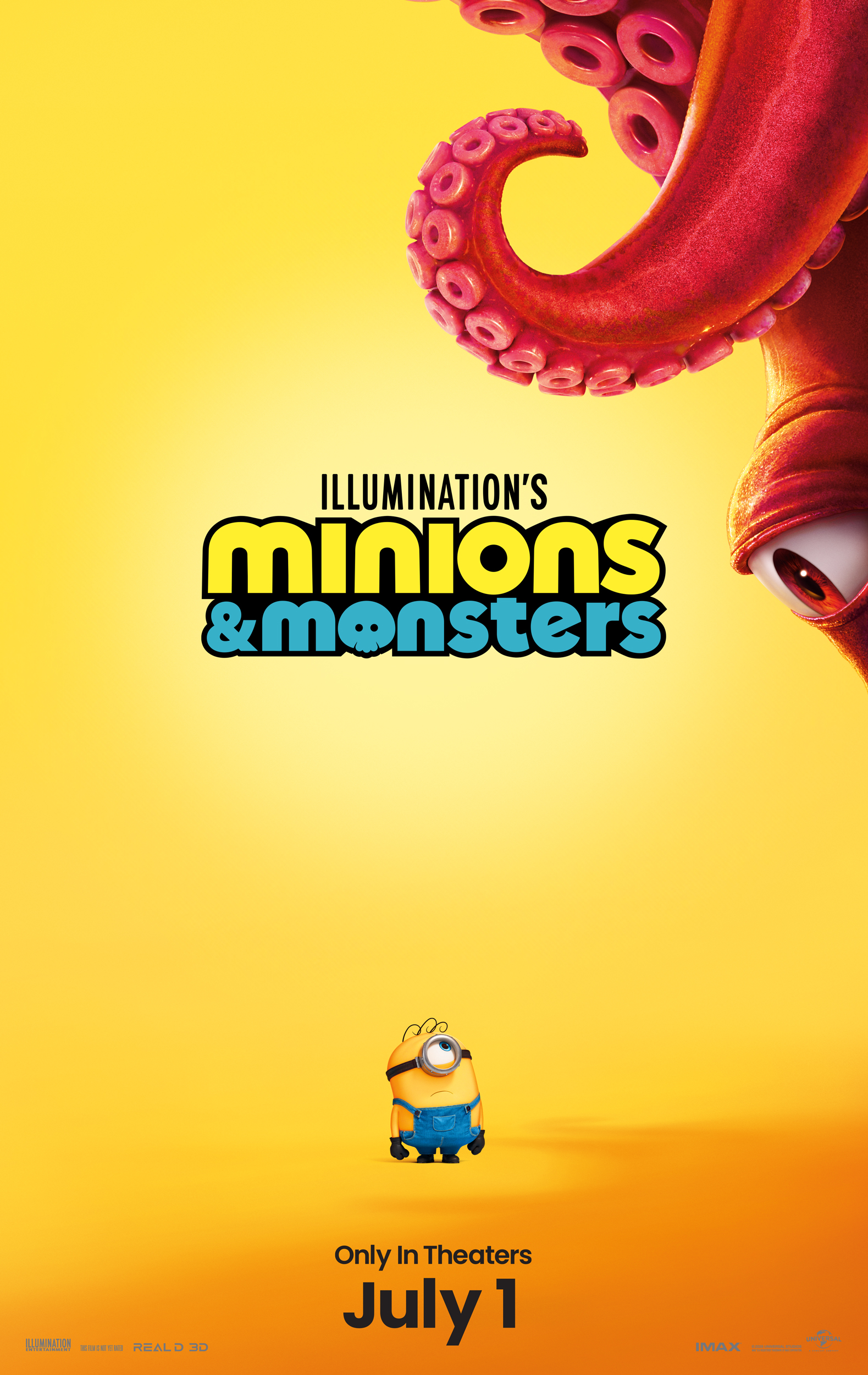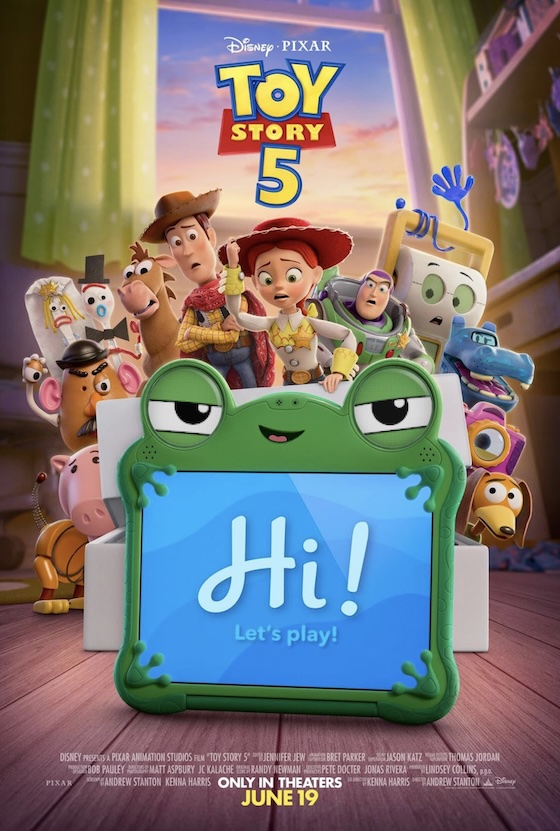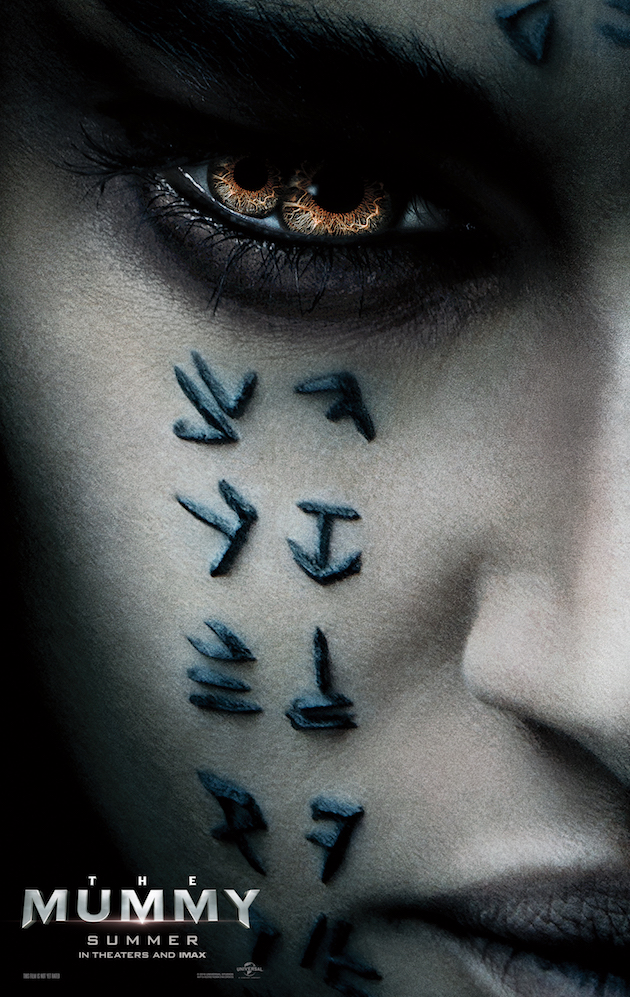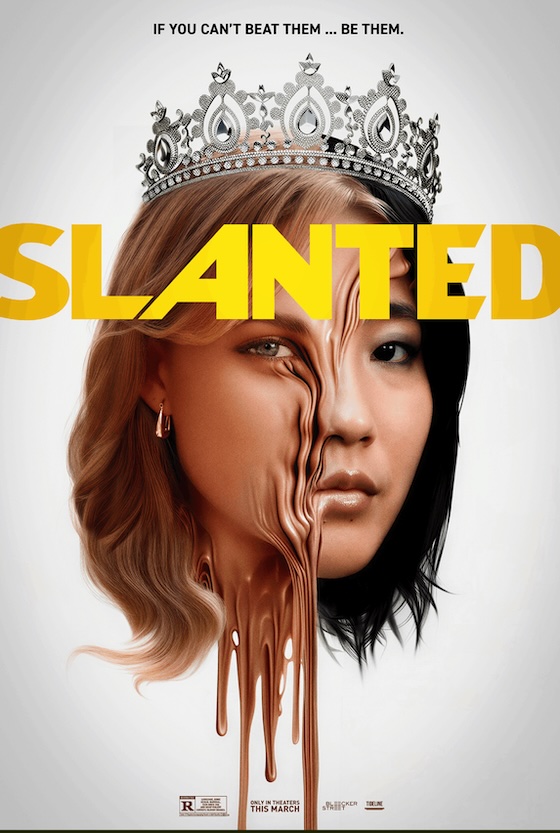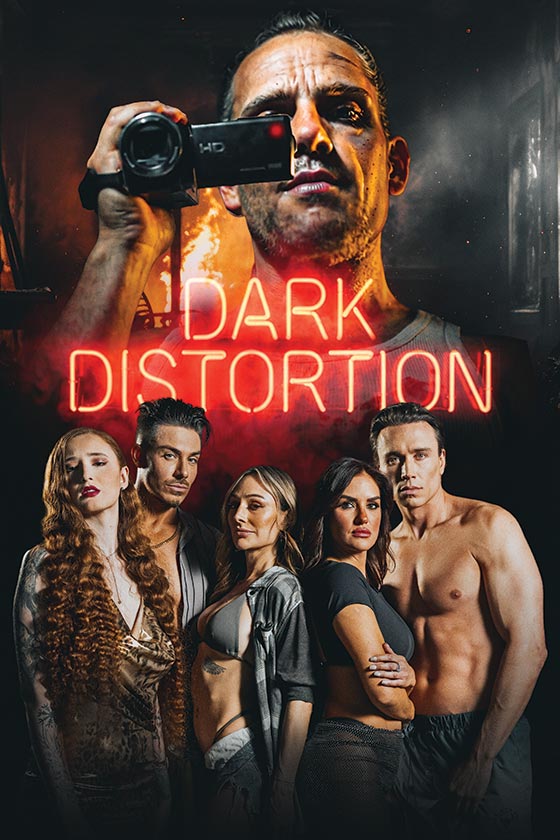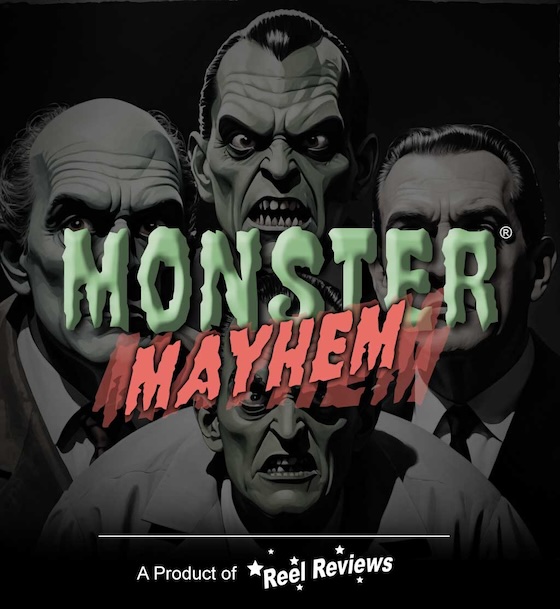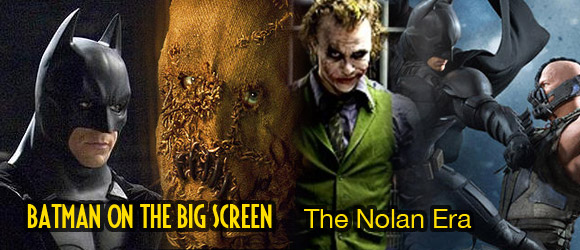
To celebrate the culmination of Christopher Nolan’s Batman trilogy, we will revisit all the Batman films leading up to the release of The Dark Knight Rises.
THE NOLAN ERA (2005-2012)
After the sour taste Batman and Robin left in many peoples’ mouths, a lengthy odyssey followed to return the caped crusader to the silver screen. Schumacher’s dream of doing a Batman: Year One adaptation was over, as his next instalment, Batman Triumphant—which would have featured the Scarecrow and the return of Jack Nicholson’s Joker as a hallucination—was quickly cancelled.
All kinds of ideas were bandied about as the 21st century arrived. Black Swan’s Darren Arnofsky took the reins for a while, and radically reworked Batman’s world; A live-action Batman Tomorrow film, based on the cartoon, was considered for a while; then, Wolfgang Peterson signed on to pit Batman against Superman with a script from Se7en’s Andrew Kevin Walker. Many candidates for a new Batman were considered, but this project was the first time a British actor by the name of Christian Bale got mentioned as a possible candidate.
The internet was taking off, studios’ casting choices were starting to be influenced by those viral opinions, and Bale’s name was favourably received as a possible new Batman. But it wasn’t to be this time around: Peterson ended up swapping the superhero world for the ancient story of Troy.
It would be a couple of years later, when an up and coming Brit named Christopher Nolan started to turn some heads with the likes of Memento and Insomnia, that Warner Bros found what they were looking for.
Batman Begins is considered the benchmark movie for the current trend of ‘rebooting’ franchises. It allows for studios to clear the slate and try again, seemingly anew. A whether you buy that or not, monetarily it has worked: Bond, Spider-man, Superman, Star Trek, and many more to come have made billions for the studios since 2005, so there is no end in sight to this trend.
Nolan’s debut in the Bat-universe had a very specific mission: to eliminate the stigma of the Schumacher films by establishing a psychologically complex character into a reality-based world. The focus would now be on legitimising Bruce Wayne’s life and choices in a Gotham devoid of the fantastical conceits of its predecessors. He would take characters and make you believe they were in the realm of possibility. He would show Batman’s creation at length, something that even Burton’s Batman had omitted, and he would flesh out an area in the comics that was seldom touched upon: what did Bruce Wayne do when he disappeared for years and returned to become Batman?
Christian Bale, an actor who had worked steadily since childhood, but was hardly a star, was again invited to audition for Batman. Death camp thin from his role in The Machinist, Bale at first drew questions from Warner Bros., but Nolan knew he had his man and encouraged Bale to pack on as much weight as possible. Never an actor who did things by halves, Bale bulked up fast, and the internet favourite was soon announced as the new Batman.
An illustrious supporting cast was soon assembled around the young actor, including Gary Oldman, cast against type in the heroic role of James Gordon, Morgan Freeman as Lucius Fox, and the ever reliable Michael Cane as Alfred. Liam Neeson would play (at the time) a mysterious character Ducard, Katie Holmes would play Rachel Dawes, one of Bruce’s lifelong friends, and the villains would be Ra’s al Ghul and the Scarecrow, played by Ken Watanabe and Cillian Murphy (who also tested for Batman) respectively.
For anyone who had seen a Christopher Nolan movie before his debut in the Batman universe, there were some clues as to what his version would be. Batman Begins is an ominous and sombre story, like his previous films, and his Bruce Wayne was going to be put through the wringer before becoming Batman.
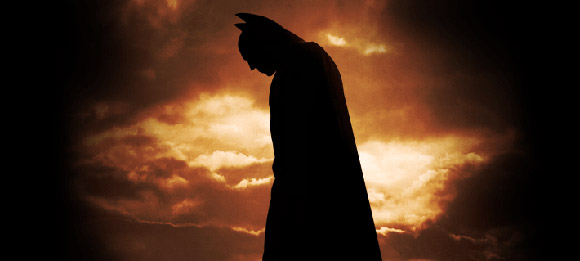
Nolan’s Gotham is a cesspool of corruption and injustice; there are no gargantuan statues or gothic elements—this is an urban hell that could exist anywhere. Bruce Wayne’s parents are murdered, as they were in all previous incarnations, but it’s what follows that separates this version from others. Thomas and Martha Wayne’s murder is really just the tip of the iceberg. Bruce grows into a lost young man, bitter, fearful and disillusioned, especially when he sees his parent’s killer walk free as part of some deal with DA’s office. It is his failure to conquer fear that finally sets him on the path to becoming fear itself.
Wayne’s journey into the bat-suit takes it cues from Richard Donner’s Superman; as much time is spent on the formation of the hero as the hero himself. Gotham is run by the criminals; they answer to no one, and the justice system is polluted by the indulgence of the corrupt or fearful. After 7 years, Wayne discovers a way, through the League of Shadows and Ra’s al Ghul, to combat it. We see Wayne living on the streets, we see him in prison, we see him push himself through gruelling trials, training, and come out a very different man. But he can’t be a man and hope to affect change in his former home: he must become fear itself. Taking cues from his mentor, who ends up being psychotically dedicating to eradicating Gotham, Bruce takes on the symbol of a bat—and animal he has feared since childhood—and returns to Gotham to clean it up.
Batman Begins attention to character is second to none of the previous entries. Nolan’s universe is a complete departure from everything that has come before, and the attention to detail in legitimising everything from the Bat-cave to the suit and beyond is remarkable work. Even the villains, both with rather fantastical elements in the comics, are brought down to earth without sacrificing the core of their iconic personalities. But action-wise, this reviewer always found the film wanting. It’s not as if there aren’t some spectacular sequences and many vistas, but Nolan’s strengths in the action/spectacle department were yet to grow.
Production design took heavy nods from Ridley Scott’s Blade Runner, as well as real world cities, and although this film, as opposed to the two that followed, was primarily a stage-shot movie, there is a sense of reality here that is very successful. Even the Batmobile, now coined the Tumbler, was a surprising/inspired, and successful reality-based reinterpretation.
Bale’s inaugural turn as the Dark Knight proved to be a roaring success. As a tortured Bruce Wayne, he comes very close to matching Michael Keaton; as Batman his approach was less successful but certainly not unsuccessful. Bale wanted to make the Batman primal, fierce, and perpetually growls his way through the role (something he exaggerates even more in the following two). Physically, he’s a great match for the character; he moves well, fights well, and inhabits a very believable version of the character in this world.
Batman Begins opened to stellar reviews and decent box office, taking nearly 400 million worldwide. It was an excellent primer for what was to come; it hadn’t used Batman’s apex villains, or spent its wad too early. It took its time setting up the hero and his journey. If there is one thing Begins does better than any other Batman film, it’s in the promise of its title: this was just the start, with so much promise yet unrevealed but masterfully hinted at. Our appetites were well and truly whetted for more. But Nolan was non-committal on whether or not he would return.
Three years would be all we were asked to wait. Nolan’s desire to do his version of the Joker, hinted at in Begins climax, would ultimately be the draw. Painfully aware that most sequels fall short of the original, Nolan wanted to make sure he had a story even greater than the first before attempting it again. With David Goyer and his brother Jonathan Nolan, he was about to succeed like few others.
The Dark Knight would pit Batman against the Joker, his most iconic villain. After Jack Nicholson burned his image into our collective minds for the last two decades, it was going to be a very brave actor that attempted to follow him. I still remember the day I heard the news that Australian actor Heath Ledger would be the one; I was inconsolable. What a mistake! The gay cowboy would play the Joker? I have never been more wrong in my life.
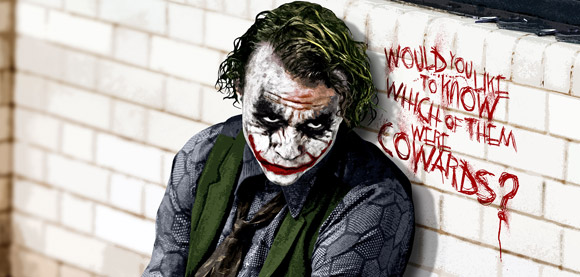
The theme of this follow up, according to Nolan, would be escalation. With Batman effectively kicking the mob’s ass in the first film, an opposing element would rise to confront the new order. The Joker is anarchy incarnate; a man devoid of empathy, sanity, or allegiance, and who is as gifted with manipulation as he is with murder. Anyone who comes within his sights is an endangered species. He is the ultimate destructive force in Batman’s world. In stark contrast, Harvey Dent (Aaron Eckhart) is a principled hard working District Attorney who, when crossing paths with the Joker, pays with his soul for his efforts. What rises from the ashes of these consequences is a creature so blackened by grief that he’s a danger to everyone.
The stars aligned for this film like no other: perfect story, perfect casting, performances never better, exhilarating and gut-wrenching moments at every turn. There were some changes: Maggie Gyllenhaal replaced a crazy Katie Holmes, who chose not to return; this film released itself from the confines of a studio and shot practical in Chicago, expanding Nolan’s canvas considerably; even the choice of what to shoot on—in this case Nolan chose to shoot several sequences on IMAX cameras—helped to make this a far grander affair than its predecessor.
Then tragedy struck. Several months before the film was due to hit cinemas Heath Ledger died from an accidental overdose of prescription medication. By all accounts, he was elated with his work as the Joker and was looking forward to seeing it unleashed on the world. It gave the film a morbid curiosity unlike anything since Brandon Lee had died on the set of The Crow. Were people going to flock to this, the sixth Batman film, simply because it would be (at the time it wasn’t know if Terry Gilliam’s The Imaginarium of Dr Parnassus would be completed) the last of Ledger’s performances? Had Ledger not died, would the film have taken so much at the box office or be lauded as it was? My guess is yes.
The Dark Knight is one of those rare sequels that surpass the original. It’s a superior film in every way. On the mythological level, it pits its hero against villains he cannot reconcile nor really defeat: they will always haunt him, dead or alive. On a simply commercial level, its breakneck pacing, intricate characterization, and emotional resolution outstrip Batman Begins by leaps and bounds.
Nolan’s action quota goes up in this one considerably, delivering some truly vast action sequences. However, when it comes to hand-to-hand combat, remiss of machinery of wide vistas, all three of these movies display the most uninteresting of his techniques. It’s all up close, blurred motions, and heavy sound effects: nowhere near as interesting as Batman jumping of a Hong Kong rooftop or a semi flipping over itself in the middle of town.
In true theatrical fashion, as the Empire Strikes Back did so masterfully nearly 30 years before it, The Dark Knight performs as a tantalizing second act that builds upon the mythology, raises expectation, and does not leave our heroes in a very good place come the curtain. Everything goes to hell. It is a bittersweet thing, come the credits, to see what Batman must do to ensure all the good guys’ effort are not for nothing.
Once again Nolan was non-committal about returning for another one, but by this time the cynics in the world may suggest it was a negotiation tactic, more than a reluctance to complete his version of the world’s favourite (non-super) superhero. There had always been a very rough idea worked out between Nolan and Goyer, in respect to multiple films. They both humbly insist this was not with the expectation that there would be more, but simply to show Warners what could be, should the world respond.
The world responded rather well, I think. The Dark Knight took over a billion dollars at the box office and Ledger became the second Aussie in film history to be awarded a posthumous Oscar for his depiction of the Joker (and well deserved at that!). It was a done deal: we would see Batman again soon.
In premise, The Dark Knight Rises, announced to be Nolan’s swansong for Batman, was perhaps the most exciting of all. They were not going to perpetually unfurl more, leaving it open for multiple sequels beyond Nolan's involvement—they were going to finish the story. With these franchise characters, this was an exciting idea, because so often tendrils are always left for the next guy. We’ve never seen the end for a character like James Bond or Superman… or Batman. They just go on and on and on. Dramatically, this promised to be the most exciting of the three, and, considering what happened in the last one, that was saying something.
Warner Bros had wanted to go with the Riddler this time, but Nolan felt the Riddler would be perceived as a second-tier Joker. He wanted a villain completely disparate to the Joker, and although at first unaware of him, found Bane in the comics.
Bane, conceived by writers Chuck Dixon, Doug Moench, and Graham Nolan (no relation to the Nolans), was the most successful new rogue in Batman’s gallery since Ra’s al Ghul: he was as menacing physically as he was mentally. A brain and a brawn wrapped inside one unrelenting body. Even in the comics, he wore Batman down and defeated him. Forgetting the crime that was Batman and Robin’s version of the character, Bane was a good choice.
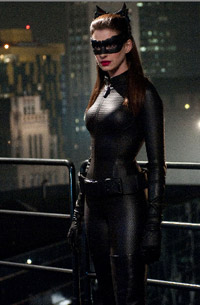 Catwoman was not a character Nolan was keen to admit into the film, with the director feeling she was one of the villains, like the Penguin or Clay Face, that wasn’t easily admitted into his more realistic Gotham (something I think he focuses too much on, but more of that later). Nolan’s brother came up with a way that Selina Kyle—she’s never referred to as Catwoman in this film—could join party.
Catwoman was not a character Nolan was keen to admit into the film, with the director feeling she was one of the villains, like the Penguin or Clay Face, that wasn’t easily admitted into his more realistic Gotham (something I think he focuses too much on, but more of that later). Nolan’s brother came up with a way that Selina Kyle—she’s never referred to as Catwoman in this film—could join party.
They were two of but many new characters to be introduced into a story that is set 8 years after The Dark Knight. Bruce Wayne is a hermit, Batman long since given up on; Gotham is essentially crime free; Commissioner Gordon is wracked with guilt over covering up the death of Harvey Dent; Alfred is at his wits ends with Bruce’s refusal to try and make a happy life for himself. And then Bane comes to town to complete the mission of Ra’s al Ghul.
To this reviewer, Rises asks of its audience some great leaps of logic, having set up Bruce Wayne as a certain type of character (and although a lifelong reader of the comics, I won’t even consider them, as this is Nolan’s version). Wayne from mid-way through Batman Begins is a proactive character, insanely committed to his cause. That a man would go to such extremes and dedicate himself to an end result, then sit around moping over the death of a loved one for nearly a decade, flies in the face of who that character is. It doesn’t make sense. Yes Gotham is much safer after the defeat of the Joker, but that a city would suddenly be crime free and Wayne wouldn’t care is over-simplistic and to me unappealing. And this is the jumping off point the film asks us to follow, into a very long an intricate web that proves to be quite simplistic in the end as well.
When things do kick into high gear, the scale of this movie dwarfs the previous two. It is enormous. Bane is an awesome presence, very different to the Joker, and proves to be more than Batman’s match when he finally resurfaces. Unfortunately, like many elements of this film, he and most of the good work in this film is subverted by silly twists or completely illogical turns in character or events.
Spectacle is what The Dark Knight Rises does best, and of the three it wins in that department. But you are not as emotionally invested this time around and so the spectacle loses some of its appeal after a while.
Being that the film has only been out a couple of days, I don’t want to write this article too specifically, because I don’t want to spoil things for those who have yet to see. But there are countless things in this movie that could have been great and end up disappointing.
What I will focus on without spoiling any plot points is what the film promised: it promised an ending, with all that word implies. It delivers it, powerfully—I was so impressed and believed it was the only way to end it—and AGAIN at the eleventh hour subverts it with an insane cop out moment! Very disappointing.
Come the final reel of The Dark Knight Rises, I am ready to see someone else’s version. Had the film stuck to the courage of its convictions, and truly ended this version of the Batman, I would have much happier. It is a very good movie, but for the first time in Nolan’s run, the flaws were as big as the virtues.
Nolan’s obsession with realism in all three films both impressed and enraged me. At the core of Batman’s appeal is the fact that he is not super powered in any way. He is a man, with an iron will, who fights continually for what he believes in. The approach of grounding Bruce Wayne in a world that honours that, I get. However, you are talking about a man who has decided that the best way to fight corruption is by dressing up like a ^%#ing bat! If realism is finally the only mantra to be upheld, then Batman was not the choice to make, subject wise. Nolan’s films almost always cleverly bring these characters into the realm of plausible, but that also limits the scope of what can be done with them.
As it stands, Nolan gave me two great Batman movies and one masterpiece. The Dark Knight will be a tough one to beat for anyone, methinks. He also, for the most part, gave us consistency. We had the same Batman for Nolan’s entire run, love him or loathe him. We had the same pedigree supporting cast who gave the series gravitas. We saw a man respect the source material, instead of falling back on that old chestnut: it’s from a comic book so let’s have fun! (which leads me to believe they haven’t a read a comic in the last 40 years). Yes, he took only what he could use and omitted a lot for his singular focus of realism, but it was a great run. We were fortunate to get Christopher Nolan. He has successfully ensured a lot more Batman entries (and I suspect in short) to come, and has wiped away the foul smell that was the Schumacher era. He told his version the way he wanted, and, like it or lump it, Batman as a franchise prospect is better for it—as is the whole superhero genre, now enjoying an unprecedented run.
It feels like time, to me. Time to let the Bat rest for a little while, and then see someone else come at it another way. Til then, thanks for coming along with me as we explored Batman on the big screen.
Here's a link to Part 1 of the 3 part series - Batman On The Big Screen: Part 1 – The Burton Era (1989-1992)
Here's a link to Part 2 of the 3 part series - Batman On The Big Screen: Part 2 – The Schumacher Era (1995-1997)

